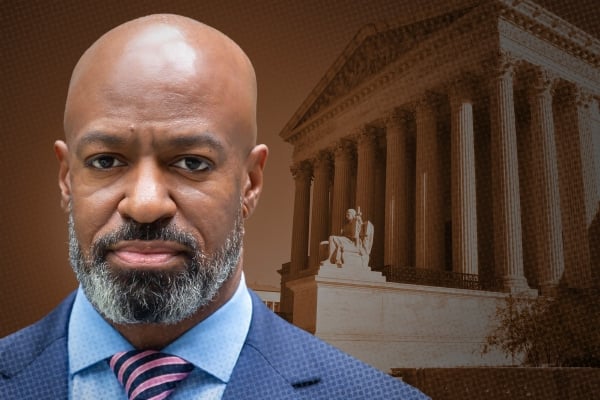Affirmative action policies have long been a subject of controversy and debate in the United States. These policies aim to level the playing field for historically marginalized groups by giving them opportunities in education and employment that they may have been denied in the past. However, the impact of affirmative action bans, which have been increasingly implemented in various states across the country, remains a “black box” with unclear consequences.
Proponents of affirmative action bans argue that these policies lead to reverse discrimination and unfairly advantage certain groups over others. They believe that individuals should be judged on their merits alone, rather than factors such as race or gender. As a result, several states have passed laws banning the consideration of race, gender, or ethnicity in college admissions and hiring practices.
However, opponents of affirmative action bans argue that these policies are necessary to address systemic inequalities and ensure that all individuals have equal access to opportunities. They argue that banning affirmative action can exacerbate existing disparities and hinder efforts to promote diversity and inclusion in education and the workplace.
Despite the ongoing debate surrounding affirmative action bans, the actual impact of these policies remains unclear. The effects of such bans can vary depending on a variety of factors, including the state in which they are implemented, the specific language of the ban, and how institutions choose to interpret and implement these policies.
For example, a study conducted by researchers at the University of Michigan found that after the state’s ban on affirmative action in 2006, the enrollment of underrepresented minority students at the university decreased significantly. However, other studies have found that affirmative action bans have had a minimal impact on enrollment rates and diversity in higher education institutions.
Similarly, the impact of affirmative action bans on employment practices is also uncertain. While some studies have found that these bans lead to a decrease in hiring diversity, others have found that they have little to no effect on employment outcomes.
Overall, the impact of affirmative action bans is a complex and multifaceted issue that continues to be an area of ongoing research and debate. While proponents of these bans argue that they promote fairness and equality, opponents argue that they hinder progress towards diversity and inclusion. As the debate over affirmative action bans continues to unfold, it is important to consider the various perspectives and potential consequences of these policies in order to make informed decisions about their implementation.

